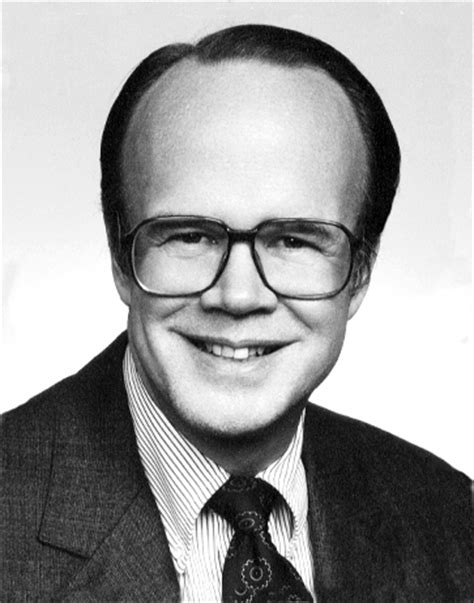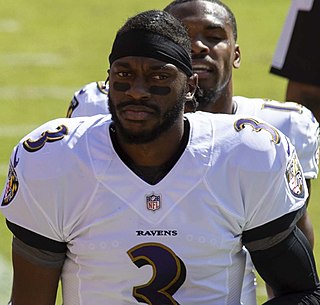A Quote by Henry B. Eyring
By His words and His example, Christ has shown us how to draw closer to Him.
Related Quotes
When the New Testament speaks about the fullness of grace which we find in Christ, it does not mean only forgiveness, pardon and justification. Christ has done much more for us. He died for us, but he also lived for us. Now he has sent his own Spirit to us so that we might draw on his strength. He grew in grace, and when we draw on his power we shall likewise grow in grace.
Let us serve Him faithfully as our Master. Let us obey Him loyally as our King. Let us study His teachings as our Prophet. Let us work diligently after Him as our Example. Let us look anxiously for Him as our coming redeemer of body as well as soul. But above all let us prize Him as our Sacrifice, and rest our whole weight on His death as atonement for sin. Let His blood be more precious in our eyes every year we live. Whatever else we glory in about Christ, let us glory above all things in His cross.
Our aim - our only aim - is to be at home in Christ. He's not a roadside park or hotel room. He's our permanent mailing address. Christ is our home. He's our place of refuge and security. We're comfortable in his presence, free to be our authentic selves. We know our way around in him. We know his heart and his ways. We rest in him, find our nourishment in him. His roof of grace protects us from storms of guilt. His walls of providence secure us from destructive winds. His fireplace warms us during the lonely winters of life. We linger in the abode of Christ and never leave.
But discipleship never consists in this or that specific action: it is always a decision, either for or against Jesus Christ...Christ speaks to us exactly as he spoke to them. It was not as though they first recognized him as the Christ and then received his command. They believed his word and command and recognized him as the Christ--in that order.
Some souls think that the Holy Spirit is very far away, far, far, up above. Actually he is, we might say, the divine Person who is most closely present to the creature. He accompanies him everywhere. He penetrates him with himself. He calls him, he protects him. He makes of him his living temple. He defends him. He helps him. He guards him from all his enemies. He is closer to him than his own soul. All the good a soul accomplishes, it carries out under his inspiration, in his light, by his grace and his help.
We are to believe and follow Christ in all things, including his words about Scripture. And this means that Scripture is to be for us what it was to him: the unique, authoritative, and inerrant Word of God, and not merely a human testimony to Christ, however carefully guided and preserved by God. If the Bible is less than this to us, we are not fully Christ's disciples.
Who shall blame him? Who will not secretly rejoice when the hero puts his armour off, and halts by the window and gazes at his wife and son, who, very distant at first, gradually come closer and closer, till lips and book and head are clearly before him, though still lovely and unfamiliar from the intensity of his isolation and the waste of ages and the perishing of the stars, and finally putting his pipe in his pocket and bending his magnificent head before her—who will blame him if he does homage to the beauty of the world?








































